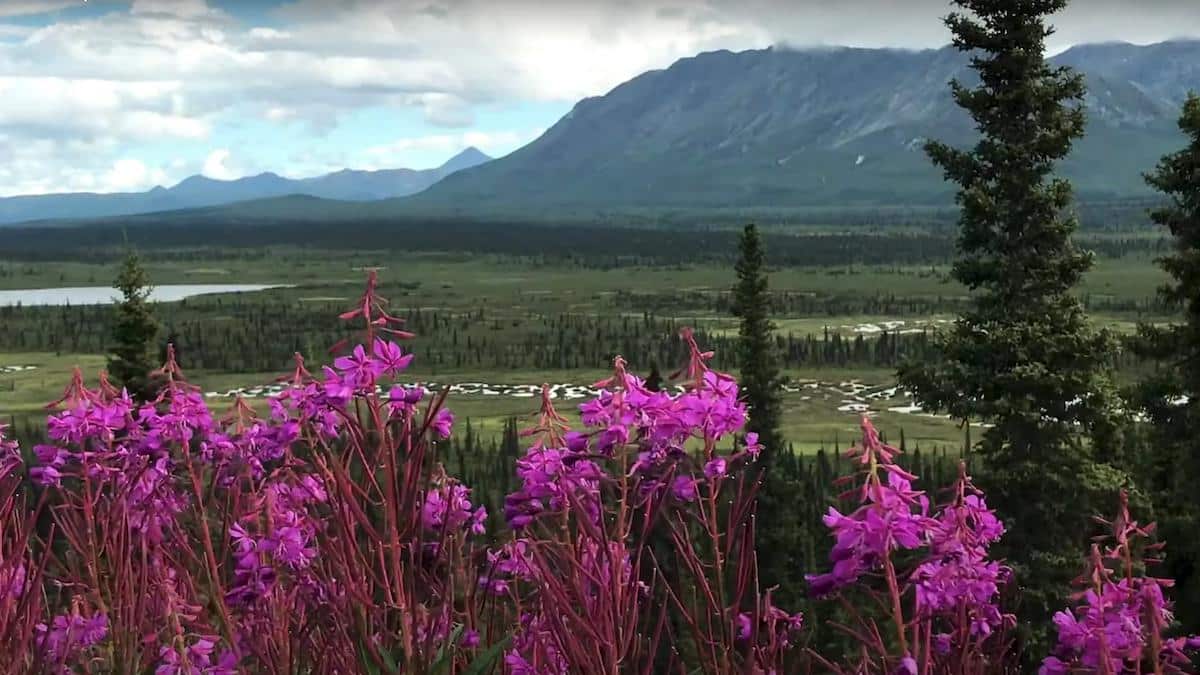
The Arctic Is Drastically Changing Due to Climate Change: Watch New Video From NOAA

The Arctic is becoming "warmer, less frozen, and biologically changed in ways that are scarcely imaginable even a generation ago," according to NOAA's annual Arctic report card. NOAA's Pacific Marine Environmental Laboratory/ YouTube
Global warming is rapidly changing the Arctic into a region that is, “warmer, less frozen, and biologically changed in ways that are scarcely imaginable even a generation ago,” according to NOAA’s annual Arctic report card, released Tuesday.
That description, from Rick Thoman, a University of Alaska scientist and one of the editors of the assessment, describes not just the region’s dramatic loss of sea ice, but also its soaring temperatures and the wildfires that burned an estimated 23 million acres across Siberia.
As global warming caused by burning fossil fuels heats the planet, it has an outsized impact on the Arctic, which in turn has an outsized impact on the rest of the globe. “Changes in the Arctic climate are important because the Arctic acts as a refrigerator for the rest of the world — it helps cool the planet,” Lawrence Mudryk, a report contributor and a climate scientist at Environment and Climate Change Canada, told The Associated Press. “How much of the Arctic continues to be covered by snow and sea ice reflects part of how efficiently that refrigerator is working.”
As reported by The New York Times:
“Nearly everything in the Arctic, from ice and snow to human activity, is changing so quickly that there is no reason to think that in 30 years much of anything will be as it is today,” [Thoman] said.
While the whole planet is warming because of emissions of heat-trapping gases through burning of fossil fuels and other human activity, the Arctic is heating up more than twice as quickly as other regions. That warming has cascading effects elsewhere, raising sea levels, influencing ocean circulation and, scientists increasingly suggest, playing a role in extreme weather.
For a deeper dive:
The New York Times, The Associated Press, Earther, The Guardian, The Hill, Bloomberg, InsideClimate News, E&E
For more climate change and clean energy news, you can follow Climate Nexus on Twitter and Facebook, sign up for daily Hot News, and visit their news site, Nexus Media News.
- Arctic Wildfires Are Changing, With Big Implications for the Global ...
- We Are Failing to Protect the Arctic From the Climate Crisis, Report ...
- Welcome to the 'New Arctic': The Region 'As We Once Knew It Is No ...
- The Past 5 Years Were the Arctic's Warmest on Record - EcoWatch
- NOAA: 'Arctic Warming at Least Twice as Fast as the Rest of the ...
- Moon Influences Arctic Ocean Methane Releases, Study Finds - EcoWatch
- 'Biggest Threat Yet' to Arctic Refuge as Trump Readies Last-Minute Lease Sale - EcoWatch
- Siberian Heat Wave Nearly Impossible Without Human Influence

 233k
233k  41k
41k  Subscribe
Subscribe 